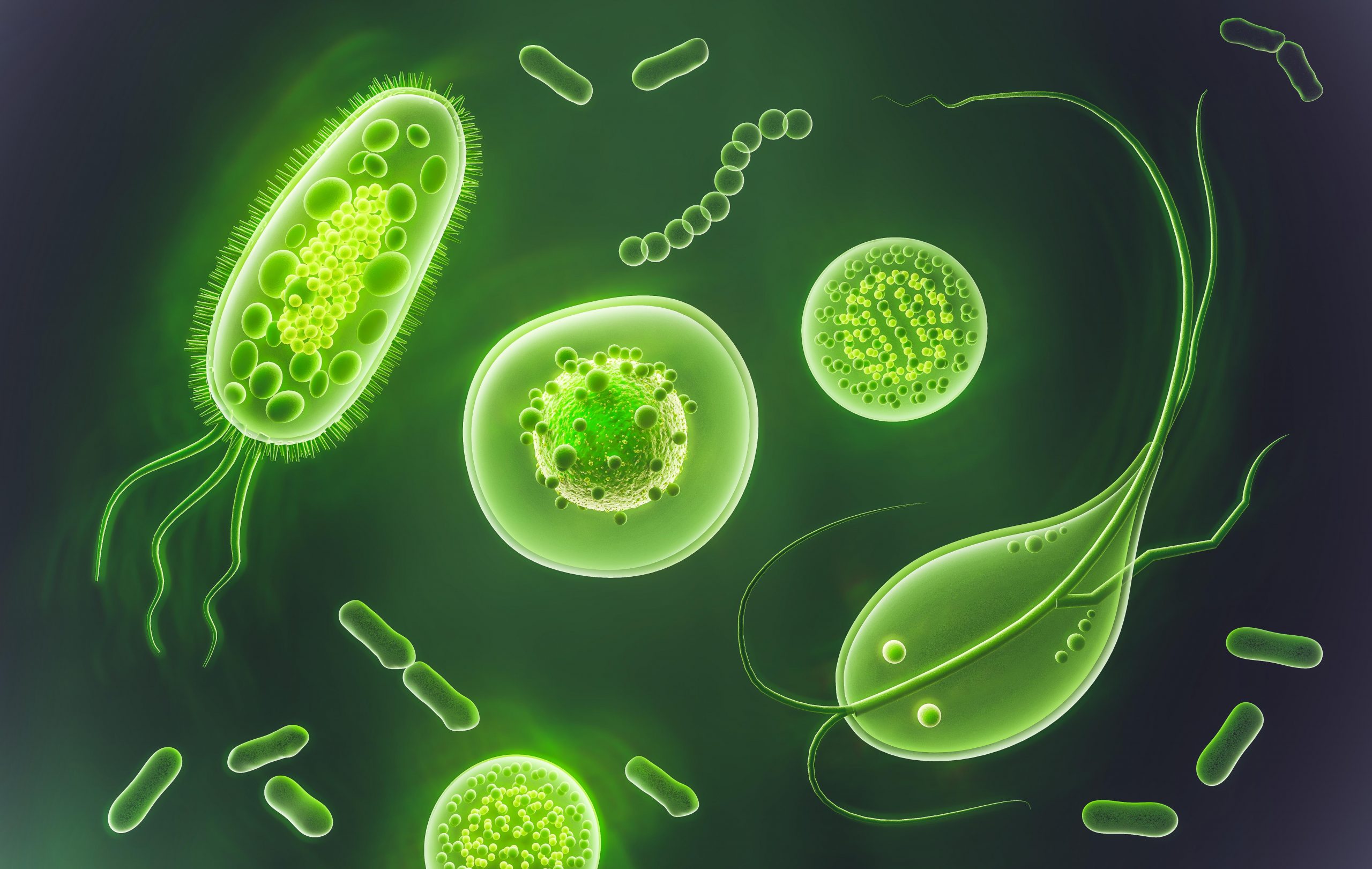

Penn State immunology researchers discovered that type I interferon, a protein vital for the body’s defense against viruses, plays an important role in lowering inflammation in mice suffering from parasitic infection caused by the schistosome parasite. The discovery could lead to effective therapies for people suffering from the parasitic infection called schistosomiasis, the world’s second most common parasite disease, after malaria.
These findings were just published in Proceedings of the National Academy of Sciences by Parisa Kalantari, assistant professor of immunology in Penn State’s College of Agricultural Sciences, and co-authors.
Schistosomes are aquatic parasitic worms that cause about 250 million human illnesses yearly.
Schistosomiasis symptoms range from itchy rash, fever, chills, cough, and muscle aches to severe abdominal discomfort, enlarged liver and spleen, and, in the most severe instances, death. Schistosomes, which are most common in Africa, South America, and Asia, live in freshwater and can infect humans who walk into streams or lakes to cool off, swim, or bathe. Schistosomiasis has a high rate of reinfection—even after a person has recovered, they might become infected again if they return to the water. Although the medicine Praziquantel is effective in some cases, certain strains of schistosomes are resistant to it, and there is no vaccine for the disease.
Even while most persons infected with schistosomes acquire a moderate version of the disease, the parasitic infection can be severe and life-threatening in 5-10% of instances.
“If you think about 5-10% of 250 million people, that’s still much suffering,” Kalantari said. “That’s why it’s important to develop more therapies to treat this disease.”
Kalantari and her graduate students aim to understand why some people develop only a mild form of the disease, and others develop a severe form.
“The molecular mechanisms resulting in such wide differences in pathology aren’t well understood,” she said. “To learn more about these molecular mechanisms, my laboratory focuses on studying immune responses and immunopathology in a mouse model of schistosomiasis, which has a remarkable similarity to the human condition.”
Many schistosomiasis symptoms, according to Kalantari, are generated by the body’s reaction to worm eggs. While the majority of the eggs are expelled from the body, some become lodged in various body tissues, causing harm to organs such as the liver. Immune cells mobilize in an attempt to eliminate the schistosome eggs. This immune reaction results in the formation of granulomas, which are areas of closely grouped immune cells or inflammation.
Kalantari and colleagues discovered an immunological mechanism that protects the host from developing severe immunopathology, resulting in smaller granulomas and less inflammation.
“So we can see that type I interferon is protective for the host and that it is important for decreasing and suppressing inflammation,” Kalantari said.
During their investigation, Kalantari and her colleagues uncovered a second mechanism that influences the host’s immunological response to schistosomes. They discovered that certain immune cells from mice with severe disease have high levels of gasdermin D, a protein implicated when the immune system responds to infection more aggressively than it should. This inflammatory molecule has the ability to inhibit the protective type I interferon pathway, resulting in inflammation and severe illness.
Kalantari’s discoveries are a huge step forward in our understanding of these two biochemical processes.
“When it comes to implications for human health, understanding how these pathways function could lead to identifying strategies, such as interferon therapy, that could treat schistosomiasis and other inflammatory conditions,” she said.
more recommended stories
 Anxiety Reduction and Emotional Support on Social Media
Anxiety Reduction and Emotional Support on Social MediaKey Summary Anxiety commonly begins in.
 Liquid Biopsy Measures Epigenetic Instability in Cancer
Liquid Biopsy Measures Epigenetic Instability in CancerKey Takeaways Johns Hopkins researchers developed.
 Human Antibody Drug Response Prediction Gets an Upgrade
Human Antibody Drug Response Prediction Gets an UpgradeKey Takeaways A new humanized antibody.
 Pancreatic Cancer Research: Triple-Drug Therapy Success
Pancreatic Cancer Research: Triple-Drug Therapy SuccessKey Summary Spanish researchers report complete.
 Immune Cell Epigenome Links Genetics and Life Experience
Immune Cell Epigenome Links Genetics and Life ExperienceKey Takeaway Summary Immune cell responses.
 Dietary Melatonin Linked to Depression Risk: New Study
Dietary Melatonin Linked to Depression Risk: New StudyKey Summary Cross-sectional analysis of 8,320.
 Chronic Pain Linked to CGIC Brain Circuit, Study Finds
Chronic Pain Linked to CGIC Brain Circuit, Study FindsKey Takeaways University of Colorado Boulder.
 New Insights Into Immune-Driven Heart Failure Progression
New Insights Into Immune-Driven Heart Failure ProgressionKey Highlights (Quick Summary) Progressive Heart.
 Microplastic Exposure and Parkinson’s Disease Risk
Microplastic Exposure and Parkinson’s Disease RiskKey Takeaways Microplastics and nanoplastics (MPs/NPs).
 Sickle Cell Gene Therapy Access Expands Globally
Sickle Cell Gene Therapy Access Expands GloballyKey Summary Caring Cross and Boston.

Leave a Comment